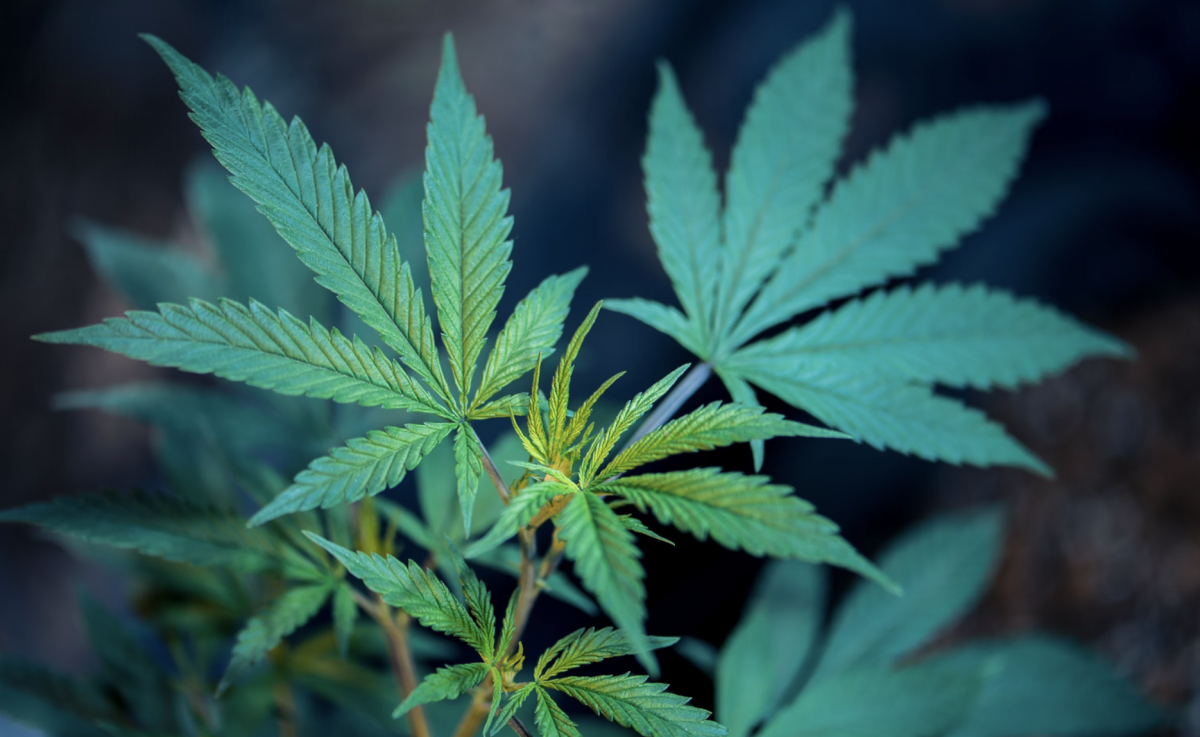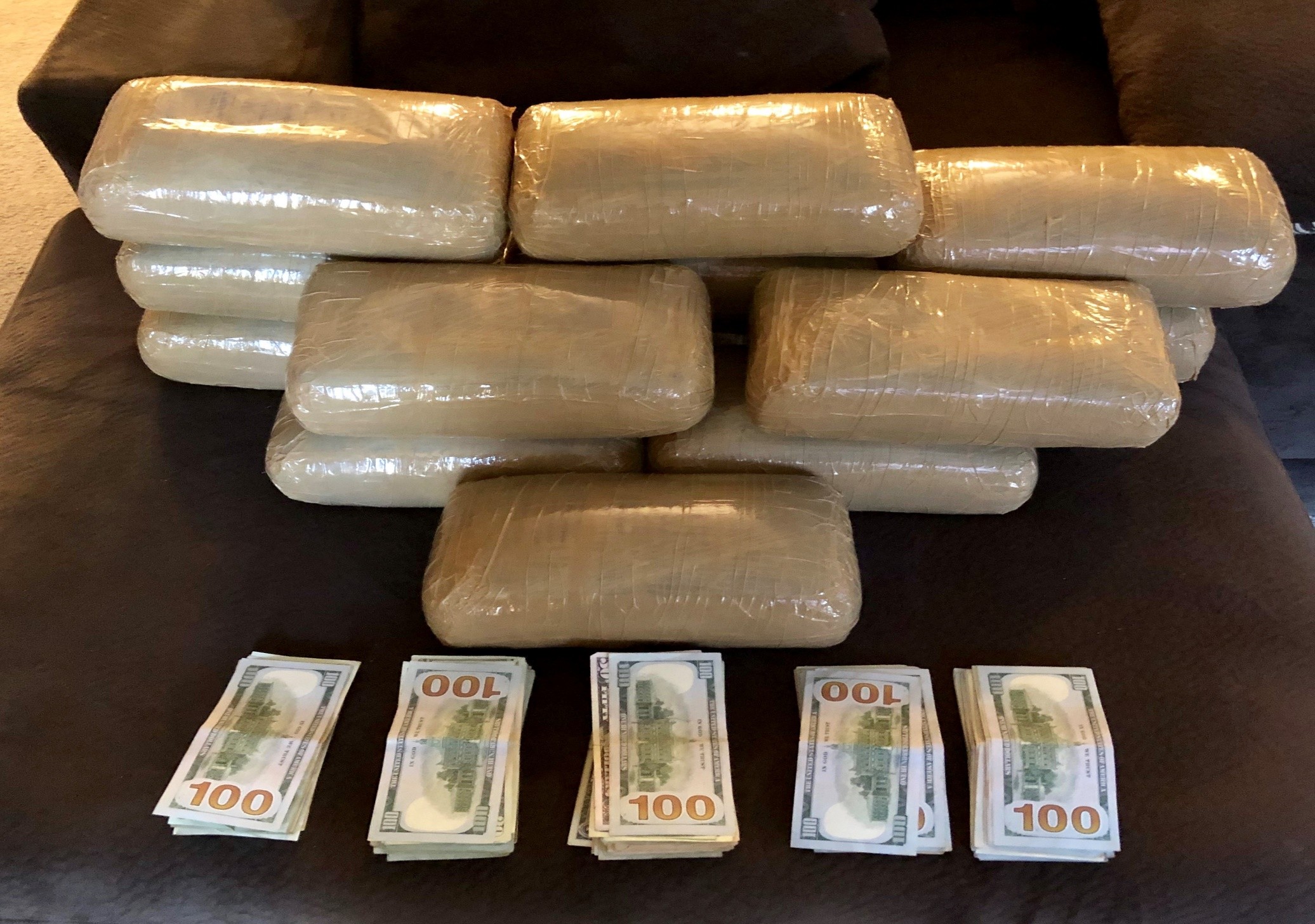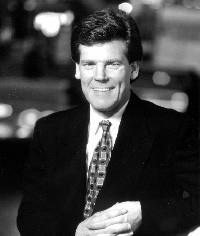The Tennessee Bureau of Investigation (TBI) is proposing a $3 million pilot project to test sewage from Knoxville-area high schools, college dorms, and other locations for illicit drugs, Director David Rausch said Tuesday.
If the budget for the project is approved, testing will initially begin on wastewater from 12 public high schools and 16 college dorms. Another 120 Knoxville locations could be selected for wastewater testing at the TBI’s discretion, Rausch said. The pilot would run for 30 weeks.
The testing is intended to identify specific illicit drugs and the concentration of drug use in a particular location using a key surveillance tool deployed during the Covid pandemic to monitor disease prevalence.
Results of school and dorm-based wastewater testing, Rausch said, can help keep parents and school administrators informed about student drug use.
“That becomes a great piece for those administrators at the school to be able to educate parents and make them aware this is an issue,” Rausch said in presenting the proposal to Gov. Bill Lee as part of his agency’s overall request for a $21 million budget increase next year.
“It also then becomes an educational tool for us to be able to educate the community on these drugs that are being used there.”
The testing would also have law enforcement uses, said Rausch, noting the surveillance — which would be done by an outside contractor — can pinpoint the source of illicit drugs “as close as a block as (to) where that issues.”
“If we have an area with a lot of drug complaints, we can have them test the water in that area,” Rausch said. “They wouldn’t be able to tell me the exact house, but they could tell me a selection of four houses. And then our work on intel and observation, we would be able to tell where the house is.”
Testing sewage for illicit drug use is underway in 70 U.S. cities as part of a National Institute on Drug Abuse-funded program intended to help guide cities in where they need to focus resources in preventing overdose deaths.
Unlike the TBI proposal, the Institute-funded testing is done in conjunction with local public health departments, not law enforcement.
Tennessee Lookout is part of States Newsroom, a nonprofit news network supported by grants and a coalition of donors as a 501c(3) public charity. Tennessee Lookout maintains editorial independence. Contact Editor Holly McCall for questions: info@tennesseelookout.com. Follow Tennessee Lookout on Facebook and X.


 Memphis Police Department
Memphis Police Department  Memphis Police Department
Memphis Police Department 